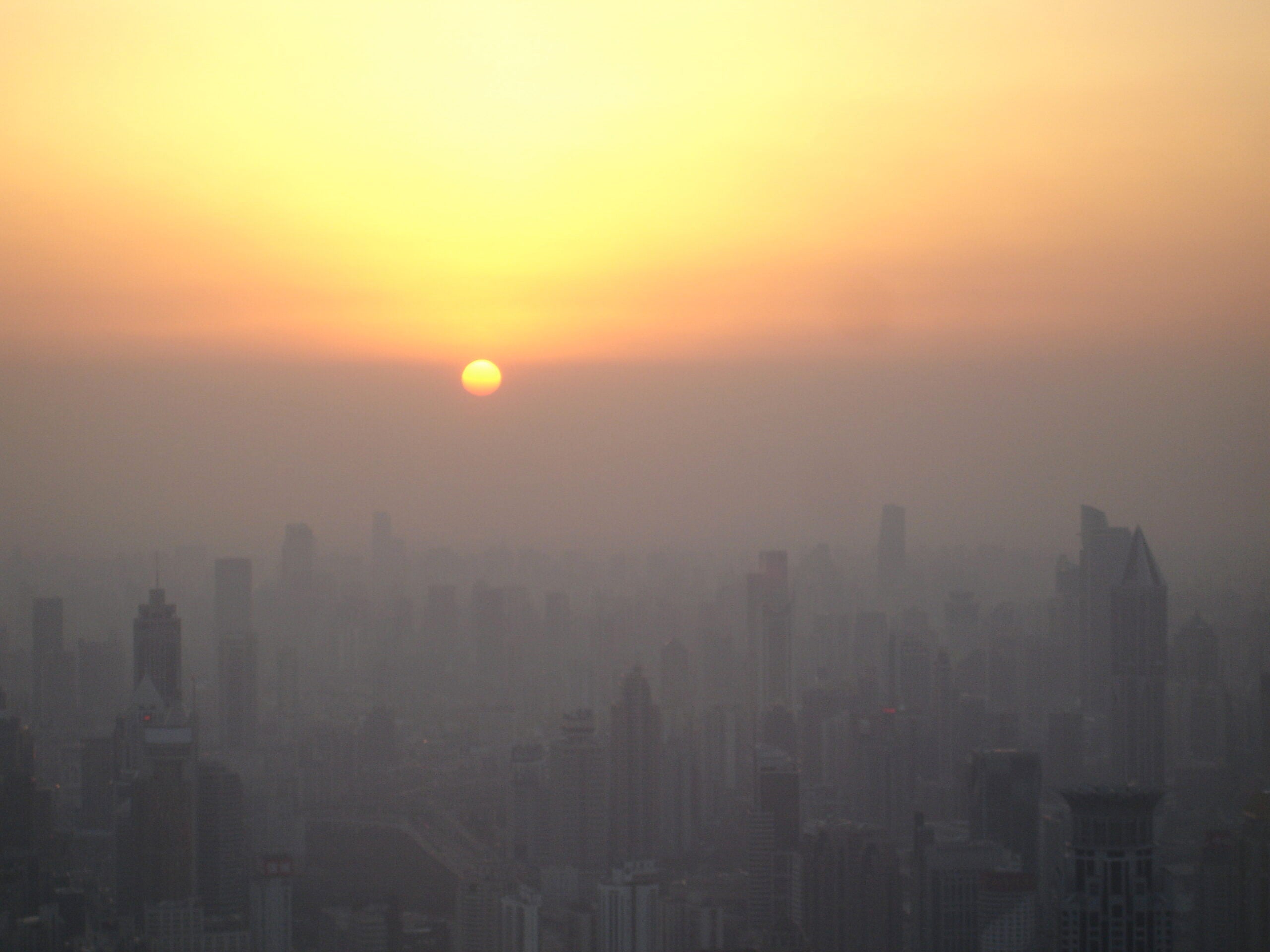Eliminating a 4-Letter Word: Smog
A registered nurse in the Sacramento region, Robin Kristufek sees a disproportionate number of children living in poverty afflicted with asthma and bronchitis—some die of lung disease. Their health problems come from living near busy roads and freeways, without trees or green spaces to help filter out particulates. They are forced to breathe in toxic

This page was published 11 years ago. Find the latest on Earthjustice’s work.
“It’s a scary moment to walk into a client’s home or onto the freeway underpass where they live and see their 2-month old child struggling to breathe.”
Robin Kristufek has worked as a registered nurse in the Sacramento region for years. Her clients are not patients in hospital beds — but low income families and the homeless, whom she visits wherever they live. It’s obvious to Robin that a disproportionate number of children living in poverty are afflicted with asthma and bronchitis — and some die of lung disease. Their health problems come from living near busy roads and freeways without trees or green spaces to help filter out particulates. They are forced to breathe in toxic pollution.
People living in the worst ozone polluted counties suffer the impacts of exhaust emissions from cars and the fuel we put inside them. Tailpipes belch out harmful chemicals like nitrogen dioxide, volatile organic compounds, and soot, all of which make their way into the lungs of thousands of people whose economic situations prevent escape.
The Obama administration recently proposed tighter restrictions on sulfur in gasoline, estimating that the fuel standard changes will be like taking 33 million cars off American roads. Removing sulfur from fuel makes catalytic converters run more smoothly and reduces smog and soot, therefore reducing pollution at the source. The standards may prevent as many as 2,400 deaths a year and save up to $23 billion annually in health costs by 2030. The cleaner standards would drastically improve the nation’s air quality, as well as public health.
“If we are sincere about clean air, we must focus on changing our dominant modes of transportation,” explains Robin Kristufek, a member of Physicians for Social Responsibility. She has seen the hardships caused by air pollution and believes that transportation reform is one of the most urgent issues we face. She believes in pushing for cleaner fuel standards, while integrating renewable energy and public transportation as quickly as possible.
Robin is one of the 117 Clean Air Ambassadors who rallied last month in Washington, D.C. as part of 50 States United for Healthy Air, a campaign to convince elected officials to protect our right to breathe clean, healthy air. You can be a part of the movement by sending a message of support to the EPA.
Earthjustice has repeatedly supported cleaner fuel standards in the courts, using the power of the law to hold the EPA accountable for the health impacts of pollution. Earthjustice has also sued to revise and strengthen the national ambient air quality standards for many dangerous air pollutants on behalf of public health, representing such groups as the American Lung Association, Environmental Defense Fund, and the National Resources Defense Council.
Chrissy Pepino is a litigation paralegal. She is based out of the Northern Rockies office, and joined the Bozeman team in 2018. Previously, Chrissy worked on the Communications team for Earthjustice from 2012 to 2014.